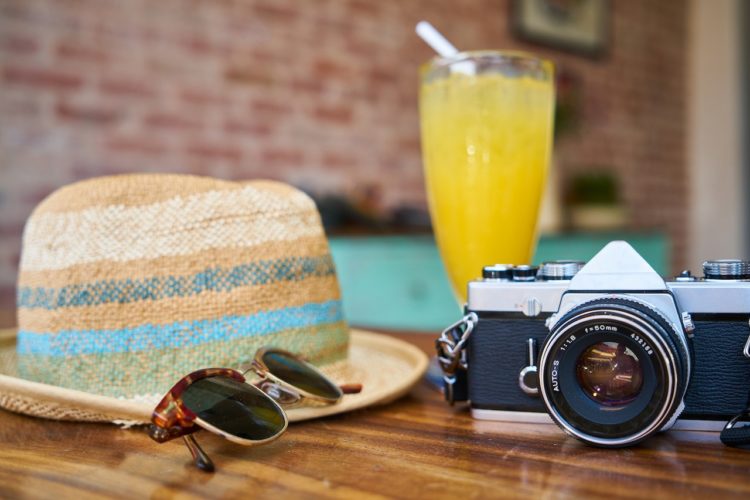Although most of us have adjusted to the new normal for some time now and the availability of COVID-19 vaccines makes this season safer to travel than the previous two years, many of us are still facing the challenges of navigating various travel threats. Along with COVID-19, the threat of seasonal viruses, including influenza and RSV (respiratory syncytial virus) remains.
Perennial safety and security risks including extreme weather events and criminal activities such as scams, pickpocketing and stolen passports could also impact personal safety. Those travelling during the holiday period should carefully consider the risks, especially when in crowded places, and take preventive actions to mitigate these issues.
The number of people travelling between now and the start of the new year is expected to be close to pre-pandemic levels. Earlier this year, there was a surge in the number of travellers globally, with the total number of passengers in August reported up by 67.7% compared to August 20211. The high passenger volume over the holiday season is likely to result in long lines at airports and train stations, busy planes and congested roads.
During the summer months in the Northern Hemisphere, there were major flight delays and cancellations as airline carriers struggled to handle the holiday travel surge due to strike actions and staffing shortages. As winter approaches in many parts of the world, there is an increased risk arising from airline personnel calling in sick due to flu and other illness, which may cause further travel disruptions.
Dr Katherine O’Reilly, medical director at International SOS says people can celebrate the festivities safely, provided they use available resources including COVID -19 and flu vaccines, COVID-19 tests, avoid being around others when feeling unwell and continue to practice good hygiene.
While she acknowledged the difficulty of predicting what will happen with COVID-19, she opined that advanced planning could help protect ourselves and each other over the holidays.

“However, it is not just COVID-19 that travellers need to be aware of, as cases of flu and RSV (respiratory syncytial virus) are already increasing and beginning to cause strain on hospitals in Canada and the USA. It is important that employers continue to share up-to-date advice to help their employees safely enjoy the festive period.”
Dr Katherine O’Reilly
Tips for safe travel
Be prepared – check entry requirements for your destination. Check which vaccinations you may need and if antimalarial is required. Schedule a travel health consultation well in advance.
Be COVID-safe – find out the coronavirus trends at your travel destination. Ensure your COVID-19 and flu vaccines are up to date. Don’t drop your guard over the holiday period and remember the simple measures (good hygiene, masks in crowded areas) to decrease COVID-19 risks.
Maintain flexible itineraries – it is good practice to keep departure and return dates/routes as flexible as possible. Contingency plans remain important, plan for the unexpected. What would you do if you needed to self-isolate?
Timing is everything – allow additional travel time to reach your destination as it is likely to be more congested in airports, stations and on the roads due to the increased volume of travel.
Be crowd safe - when travelling, you can frequently encounter queues and crowds. Once at your destination, you may also experience large crowds at festive events such as markets or religious services. Always have a 360-degree awareness of your surroundings, stay vigilant, keep valuables secure or out of sight and identify your closest points of exit. Abide by local directives if an incident does occur.
Eat, drink and be jolly informed – the key to travelling comfortably this holiday season is to keep informed of the most up-to-date information and any emerging developments. If you are travelling to a new place, research your destination before you arrive and know whom to call in an emergency. Monitor local media for updates, be aware of the weather conditions and consult with the locals for information about the safest neighbourhoods, places to stay and incidences of crime.




